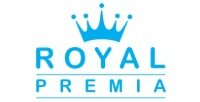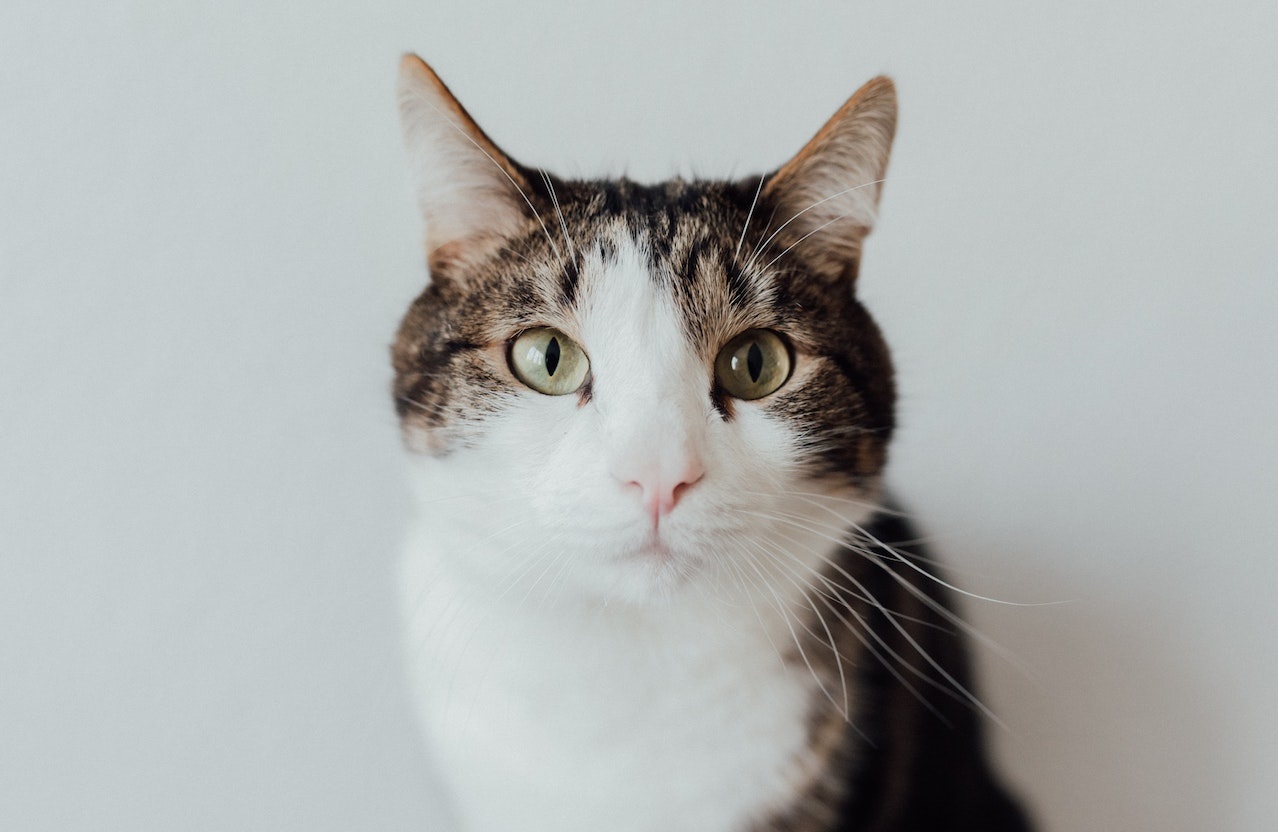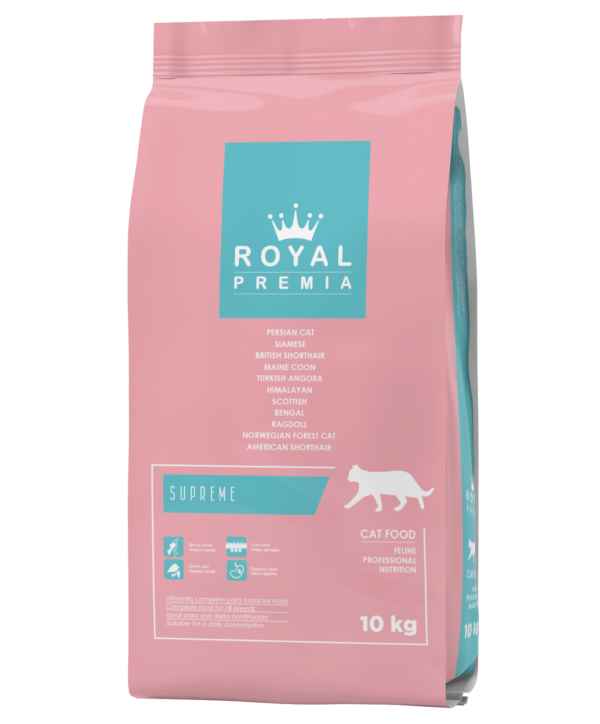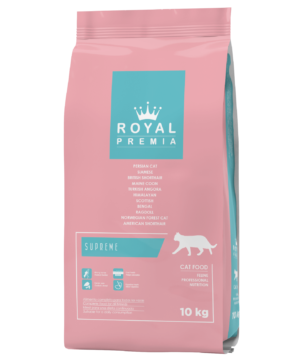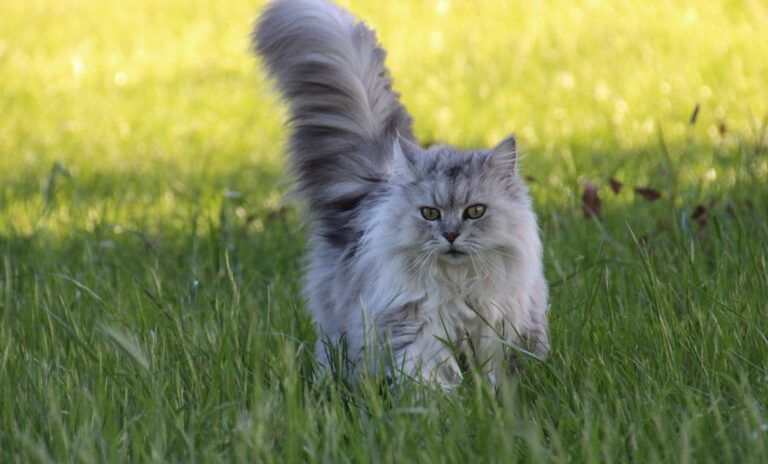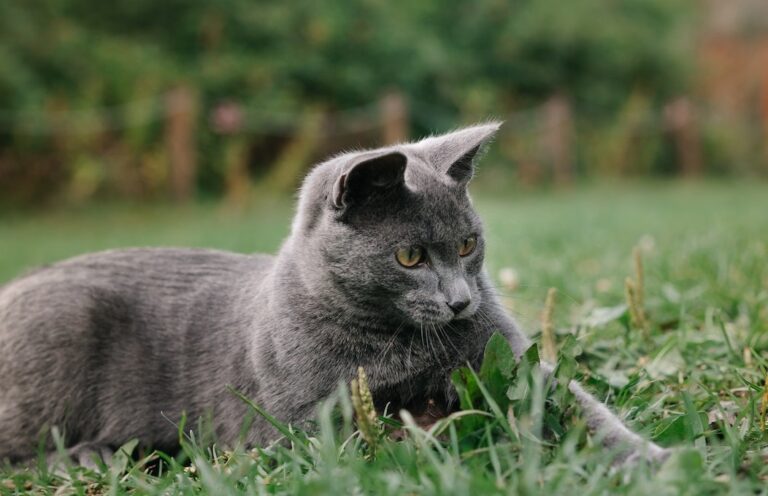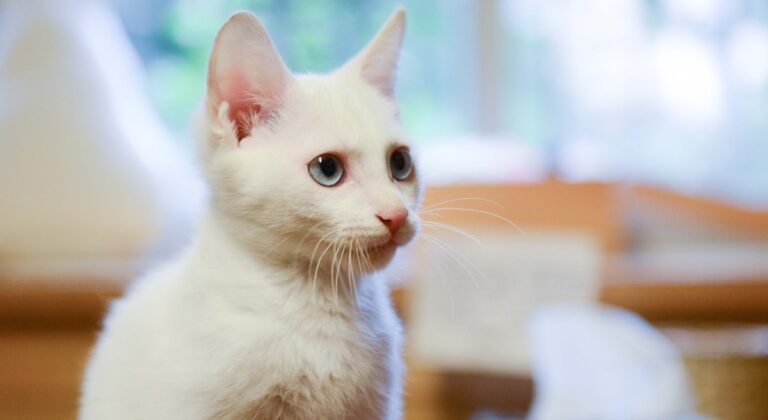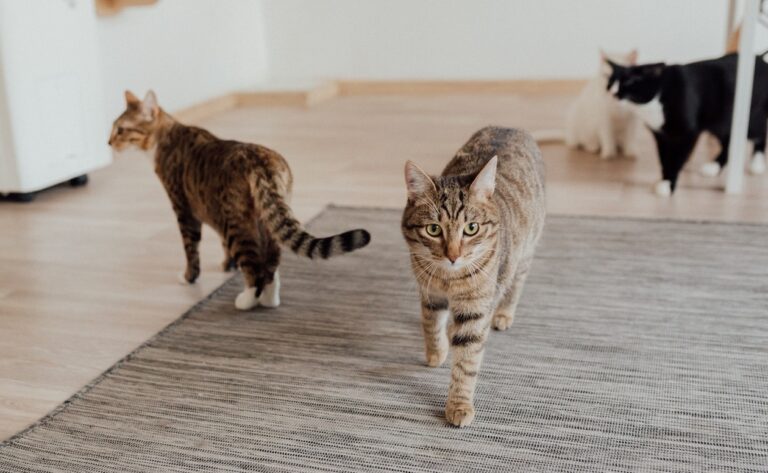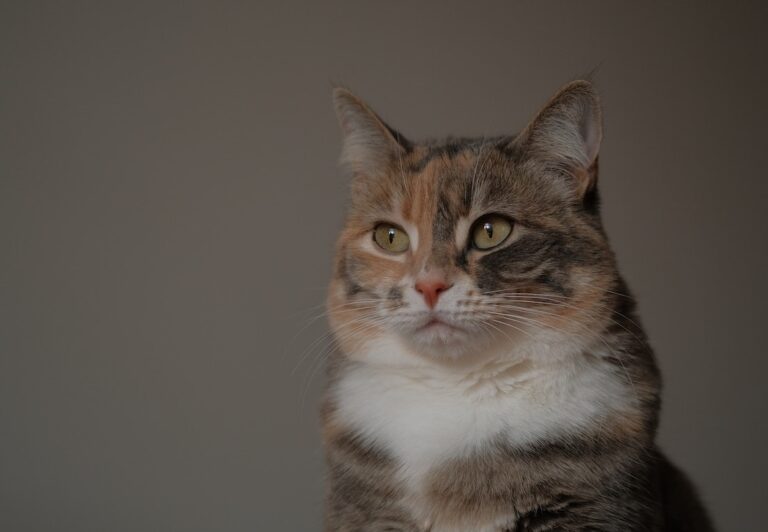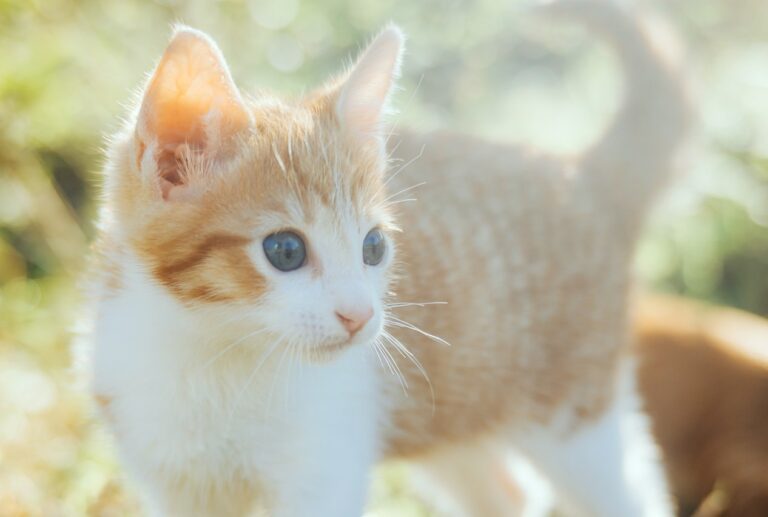Understanding Vitamins and Minerals in Cat Food
When it comes to providing the best nutrition for your furry feline friend, understanding the role of vitamins and minerals in their diet is essential. Just like humans, cats require a balanced diet that includes these essential nutrients to support their overall health and well-being. In this article,
will explore the importance of vitamins and minerals in cat food and how they contribute to your cat’s vitality and longevity.
The Role of Vitamins in Cat Food
Vitamins are organic compounds that cats need in small quantities to maintain proper bodily functions. They play a crucial role in various processes, including metabolism, immune system function, and cell growth. Here are some key vitamins found in cat food and their benefits:
- Vitamin A: Promotes good vision, supports healthy skin and coat, and aids in immune system function.
- B vitamins: Help with energy production, maintain a healthy nervous system, and contribute to healthy skin and coat.
- Vitamin D: Facilitates the absorption of calcium and phosphorus, essential for bone and teeth health.
- Vitamin E: Acts as an antioxidant, protecting cells from damage and supporting the immune system.
The Importance of Minerals in Cat Food
Minerals are inorganic substances that play vital roles in your cat’s body functions. They are involved in maintaining a healthy skeletal system, nerve function, fluid balance, and much more. Here are a few essential minerals and their functions:
- Calcium and phosphorus: Crucial for maintaining strong bones and teeth, and proper muscle function.
- Iron: Required for the formation of red blood cells and the transportation of oxygen throughout the body.
- Zinc: Supports a healthy immune system, aids in wound healing, and promotes healthy skin.
- Magnesium: Helps with enzyme function, nerve transmission, and muscle relaxation.
- Selenium: Acts as an antioxidant, supporting the immune system and protecting cells from damage.
Choosing the Right Cat Food
To ensure your cat receives adequate vitamins and minerals, it’s important to choose a high-quality cat food that meets their nutritional needs. Look for cat foods that are labeled as “complete and balanced” to ensure they contain all the essential nutrients your cat requires. Additionally, consider the following tips:
- Read the ingredient list: Look for specific vitamin and mineral sources such as “vitamin E supplement” or “iron proteinate.”
- Age and life stage: Cats have different nutritional requirements depending on their age and life stage. Kitten food, adult cat food, and senior cat food formulas are tailored to meet these specific needs.
- Consult your veterinarian: If you have concerns about your cat’s diet or specific nutrient requirements, consult with your veterinarian for personalized advice.
Overall
Vitamins and minerals are vital for your cat’s overall health and well-being. Understanding their importance and ensuring they are included in your cat’s diet through balanced and high-quality cat food will help support their growth, development, and longevity.
Remember to consult with your veterinarian for any specific concerns or questions regarding your cat’s nutritional needs.
Royal Premia Cat Food
-
Basic Adult Dry Cat Food 2kg and 10kg All Breeds
-
Supreme Dry Cat and Kitten Food 2kg and 10kg All Breeds
Frequently Asked Questions
How do I know if my cat’s food contains the right vitamins and minerals?
Look for cat foods that are labeled as “complete and balanced” on the packaging. This ensures that the food contains all the essential nutrients, including vitamins and minerals, in the right proportions for your cat’s needs. You can also check the ingredient list for specific vitamin and mineral sources.
Can I give my cat supplements for additional vitamins and minerals?
It’s generally unnecessary to give your cat supplements if they are consuming a balanced and complete diet. Over-supplementation can cause imbalances and health issues. If you feel your cat may benefit from supplements, consult with your veterinarian before adding any to their diet.
Are there any signs that my cat may be deficient in certain vitamins or minerals?
Signs of vitamin or mineral deficiencies can vary depending on the specific nutrient. However, common signs may include poor coat condition, lethargy, weight loss, changes in appetite, or an increased susceptibility to infections. If you notice any concerning symptoms, consult with your veterinarian for a proper diagnosis and advice.
